In a series of tweets, San Juan Mayor Carmen Yulin Cruz responded to President Donald Trump after he characterized her as "crazed," said that Puerto Rican politicians are “incompetent or corrupt” and falsely claimed that Puerto Rico has been “already been scheduled to receive more hurricane relief funding than any ‘place’ in history" following 2017's Hurricane Maria.
Cruz promised to call the president out on "every lie, every hypocrisy and every ill fated action against the people of Puerto Rico," adding that even his "insensitive, incapable, and vindictive" nature won't allow him to escape the death of 3,000 on his watch."
Cruz also took the president to task for his claim that Puerto Rico received $91 billion in hurricane relief.
This is false. In fact, a Washington Post report revealed that $11 billion has been sent to the island so far, far less than the $120 billion already spent in response to 2005’s Hurricane Katrina. The $91 billion sum Trump cites is an estimate of Puerto Rico’s recovery over the next few decades.
"FAKE NEWS!" Cruz wrote, employing the president's signature mantra against him. "Somebody save him from himself."
Cruz later stressed that 3,000 people lost their lives as a result of Hurricane Maria and the aftermath that has left many still living in weather-damaged housing and conditions that have hosted a rise in suicides and suicide attempts.
It was only a matter of time before Cruz spoke out and she was praised for doing so.
This isn't the first time that Cruz and Trump have sparred publicly.
In September 2018, Cruz criticized the president after he claimed his administration’s efforts in Puerto Rico “is one of the best jobs that has ever been done.”
“If he thinks the death of 3,000 people os [sic] a success God help us all,” Cruz said in part.
She added: “Can you imagine what he thinks failure looks like?”
Cruz's comments came after the release of a Government Accountability Office report that found no evidence of the fraud or misappropriation of resources that Trump or Gidley suggests took place. The agency actually slammed FEMA, which Trump has often praised.
“FEMA did not have enough bilingual employees to communicate with local residents or translate documents,” the GAO wrote, which “resulted in further delays while staff were reshuffled from other disasters to Puerto Rico.”
A George Washington University study published in August 2018 revised the island’s official death toll to 2,975 people, many of whom died due to lack of aid, electricity, water, and access to medical care. The Trump administration shuffled its feet in response to the disaster and was savaged for offering aid remarkably quickly to the victims of Hurricanes Harvey and Irma by comparison.
The president's personal response to the disaster has often been derided as callous and insensitive beginning from the moment he visited the island and was recorded tossing paper towels into a crowd of hurricane victims.
A POLITICO investigation found the Trump administration’s response to Hurricane Harvey was “faster and greater, at least initially” than its response to Hurricane Maria:
No two hurricanes are alike, and Harvey and Maria were vastly different storms that struck areas with vastly different financial, geographic and political situations. But a comparison of government statistics relating to the two recovery efforts strongly supports the views of disaster-recovery experts that FEMA and the Trump administration exerted a faster, and initially greater, effort in Texas, even though the damage in Puerto Rico exceeded that in Houston.
The Trump administration was also heavily criticized for its decision to make Puerto Rico go back to paying higher shipping costs to import supplies to hurricane-ravaged areas. Writing for The Huffington Post last year, Jennifer Bendery noted that:
The Jones Act requires that all goods shipped between U.S. ports be carried by U.S.-owned and operated ships, which are more expensive vessels than others in the global marketplace. That’s meant that Puerto Rico pays double the costs for goods from the U.S. mainland compared with neighboring islands ― and that U.S. vessels are making bank.
The Jones Act waiver for Puerto Rico expired on the night of October 8, 2017, meaning foreign ships could no longer bring aid to the island from U.S. ports. The Trump administration had no plans to extend it. The administration agreed to temporarily lift the shipping restrictions for Puerto Rico on September 28, 2017. That was substantially longer than it took for him to waive it for Florida and Texas shortly before.
The controversy was further exacerbated yesterday after White House Deputy Press Secretary Hogan Gidley in an interview with MSNBC twice referred to Puerto Rico as “that country” even though it’s been a U.S. territory for more than two centuries.
“With all they’ve done in that country, they’ve had a systematic mismanagement of the goods and services we’ve sent to them,” Gidley said in comments regarding the national response to Hurricane Maria in 2017. “You’ve seen food just rotting in the ports. Their governor has done a horrible job. He’s trying to make political hay in a political year, and he’s trying to find someone to take the blame off of his for not having a grid and not having a good system in that country at all.”
Gidley later attributed his misstatements to “a slip of the tongue."





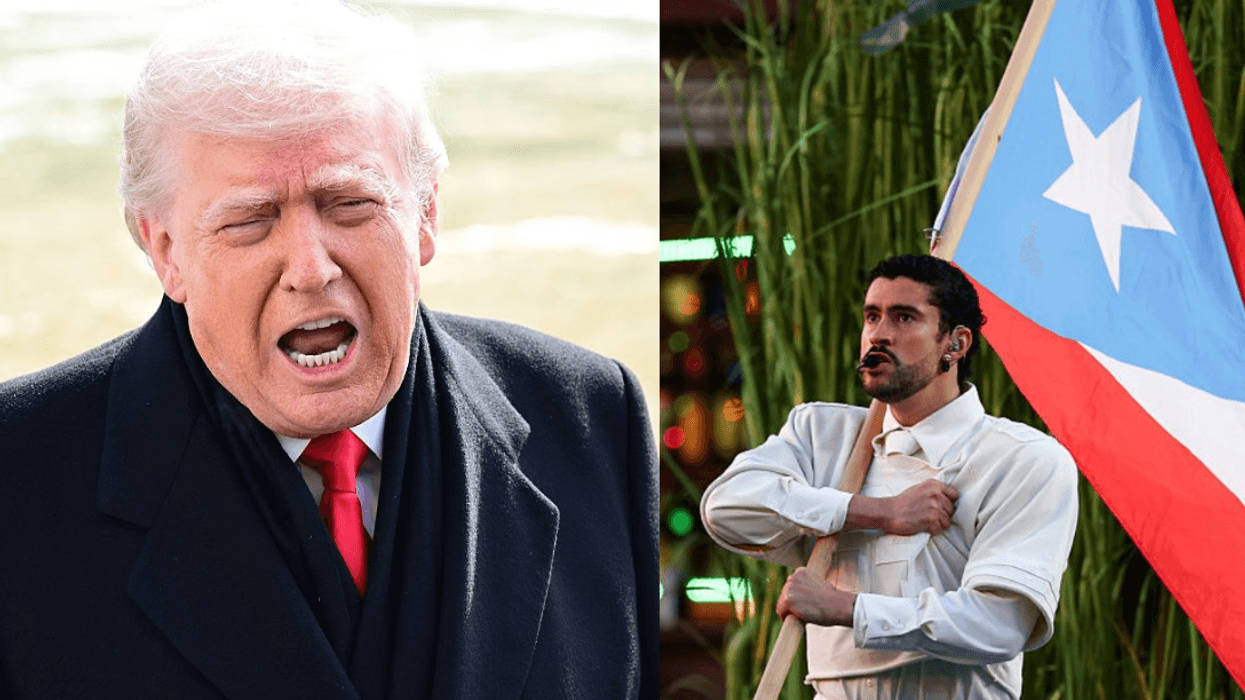

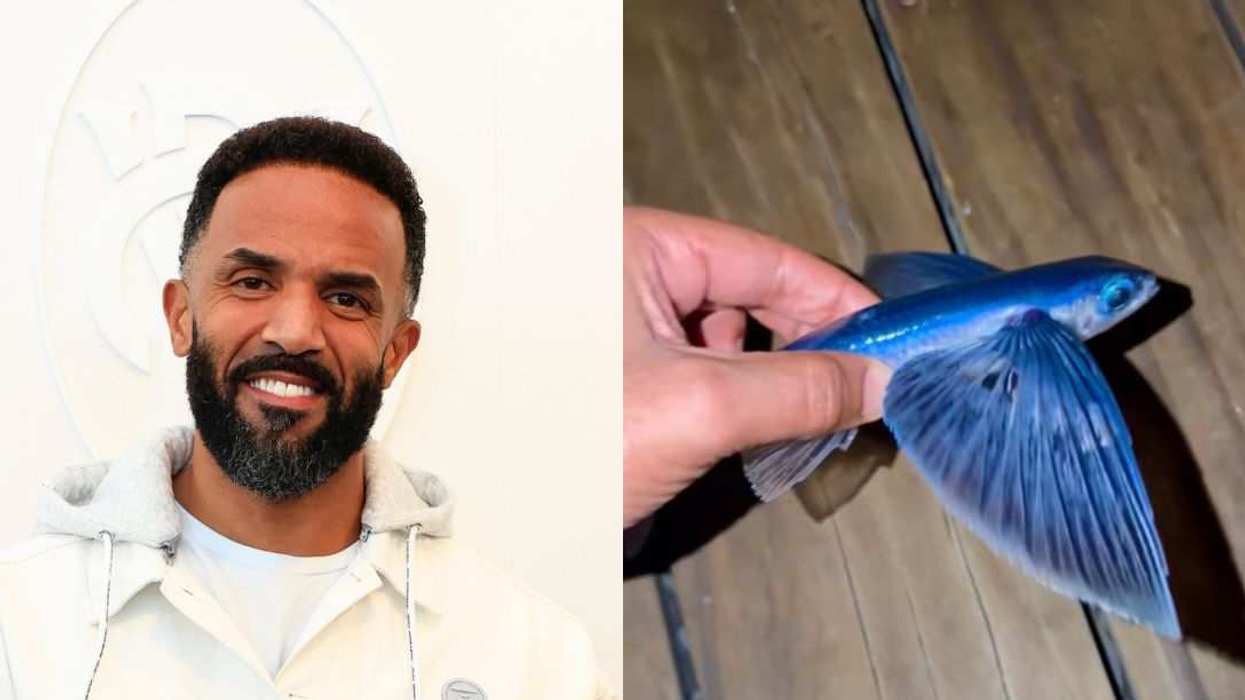

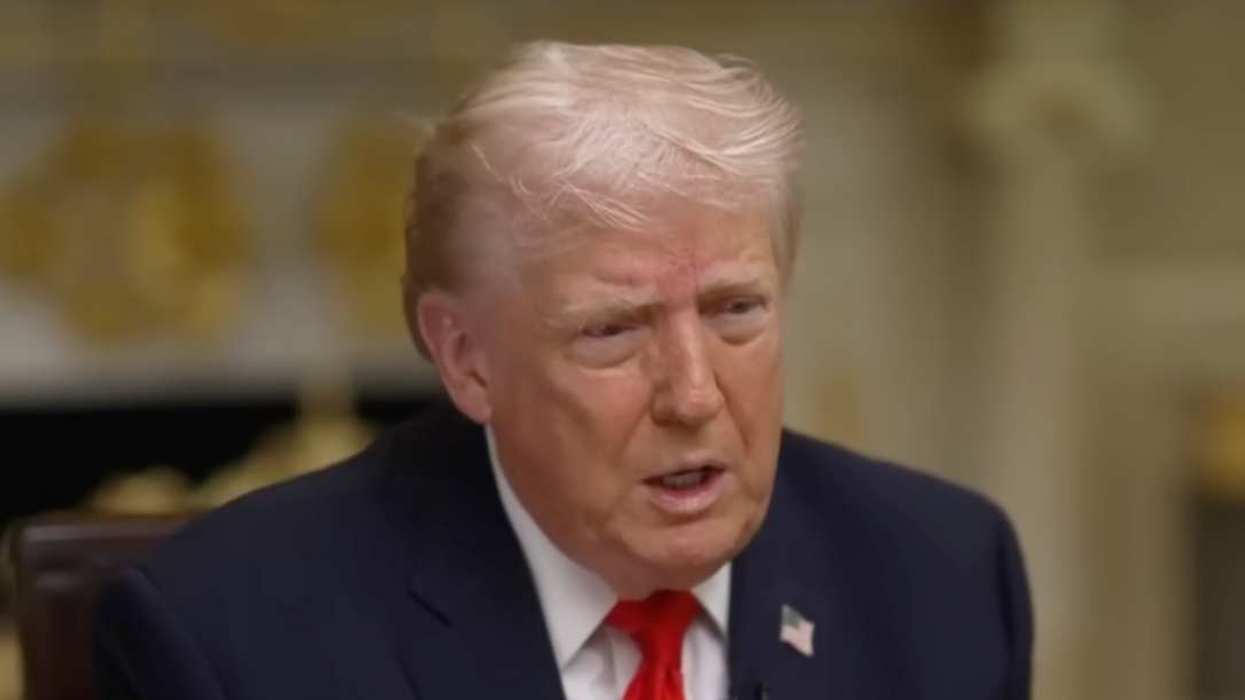



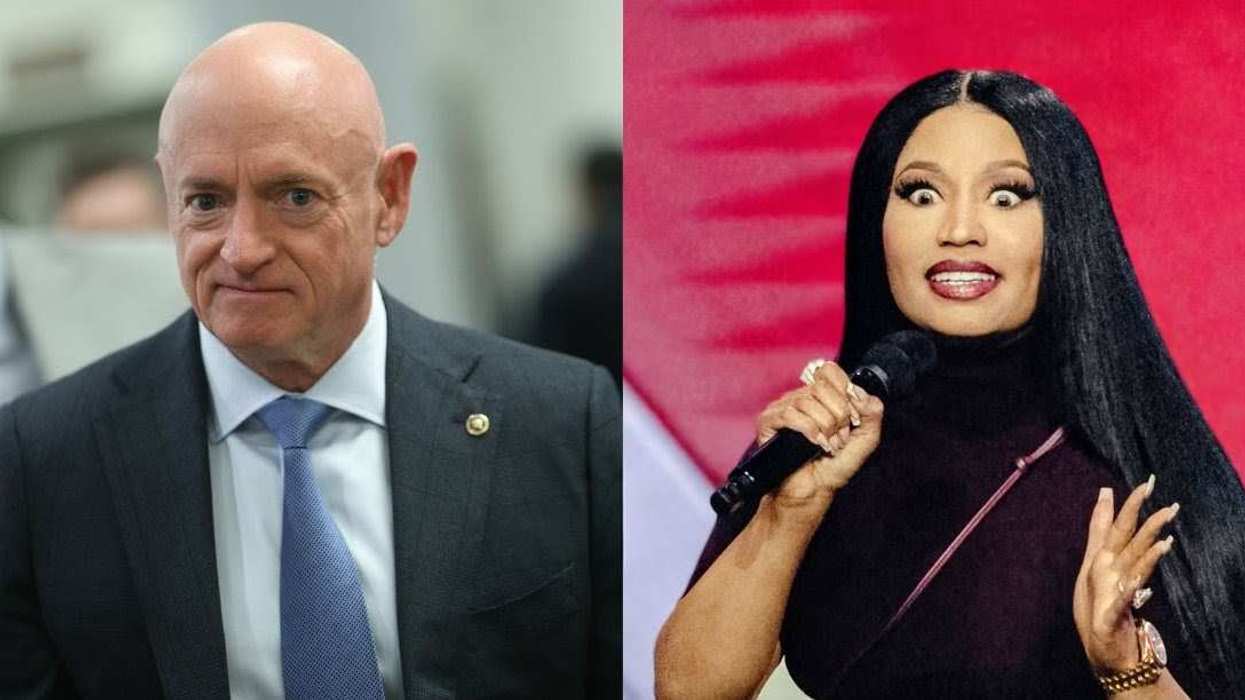
 @TweetforAnnaNAFO/X
@TweetforAnnaNAFO/X
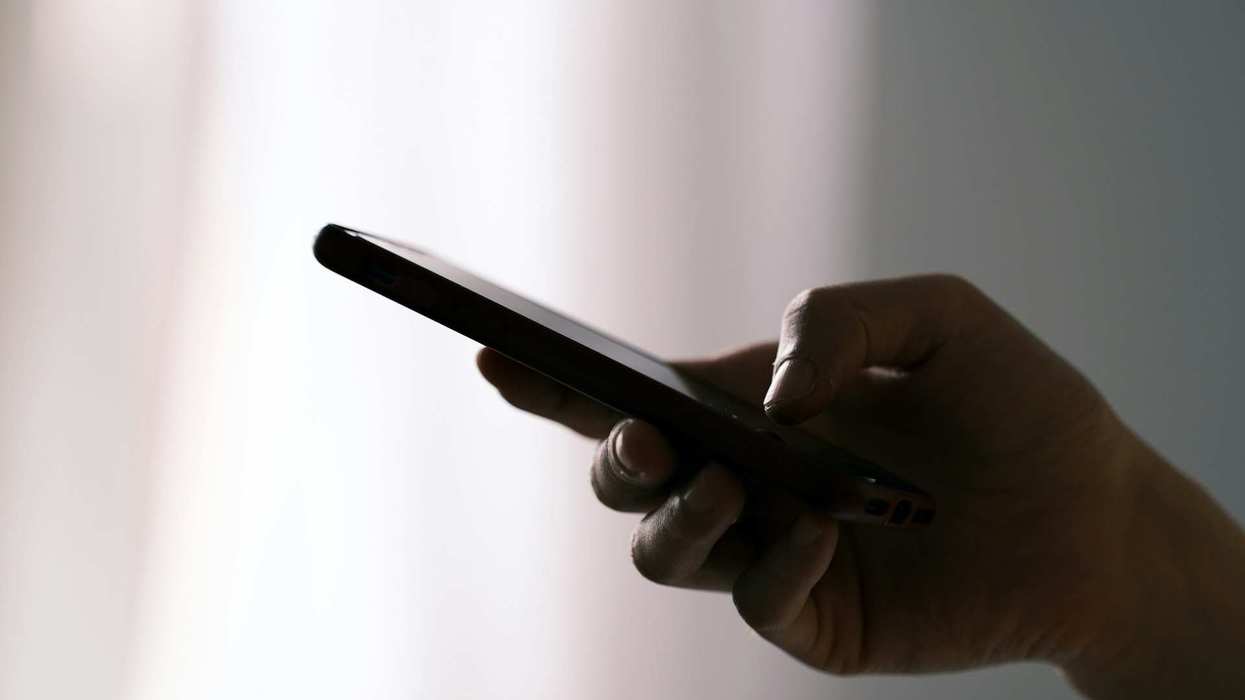
 Steve Urkel Oops GIF
Steve Urkel Oops GIF  Moon Walk Dance GIF
Moon Walk Dance GIF  The Office Monday GIF by 20th Century Fox Home Entertainment
The Office Monday GIF by 20th Century Fox Home Entertainment 